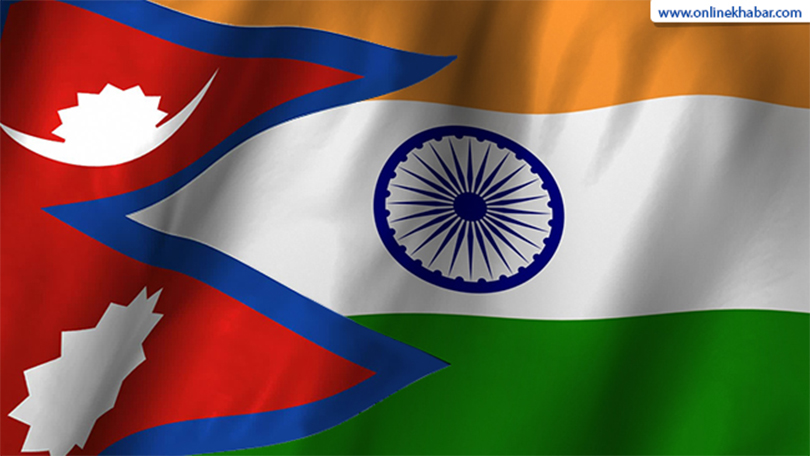
Almost all broadsheet dailies published in Kathmandu on Monday have given space to election-related articles on their op-ed pages. Here we have a summary of some of the notable op-ed pieces published on Monday:
‘Polls don’t resolve differences on country’s structure’

Nepal prepares for provincial and parliamentary elections, which are scheduled to be held in two phases in November and December. But can elections resolve fundamental differences about how a country ought to be structured? CK Lal says no. In his lead article for Republica, Lal argues that elections only legitimate governance, they do not resolve differences on fundamental questions. He argues that elections do not involve either the transformation of imagination or reconfiguration of elements of the state to suit ground realities. He believes that this could be the reason that elections in democracies these days end up creating more problems than they resolve.
Lal argues that despite pressure from the international community to take part in the Panchayat elections, BP Koirala did not buckle under pressure. Despite the ‘multi-party system’ loss in the referendum, he never legitimised the Panchayat. But Mahantha Thakur, who currently leads the RJP, buckled under pressure and gave legitimacy to the constitution against which Madheshi people had agitated for a long time. Lal asks: How would the Madheshi activists who agitated for constitutional change vote in an election being held to ensure the inviolability of the same dossier? He concludes by saying that it is not elections that resolve differences, it is either decided by a conquest or a revolution.
‘Do you want to become an MP or a salesman?’

Ujjwal Prasai, in his lead article for Annapurna Post, quotes the author of Against Elections: The Case for Democracy David Van Reybrouck to say that elections do not empower people, they curtail their rights, and if people start losing faith in democracy, it would be because of elections. He says that if Reybrouck were to observe what is going on in Nepal, he would be happy to see his ideas re-affirmed.
Prasai argues that political leaders contesting the elections have defined ‘development’ as ‘mega projects’ and are reaching out to voters with lies and promises they cannot keep. The case is more or less the same with both the democratic and the left alliance. It appears that they are not candidates, but are salesmen from big corporate houses, he adds. He says that elections continue to take place in this fashion, Reybrouck’s theory would prove to be right and people will lose faith in the electoral process.
Voices against thermal power in India can be boon for Nepal

The Indian Supreme court recently banned the use of petcoke in Haryana, Rajasthan and Uttar Pradesh where it was being used to generate electricity. Bikash Thapa, in his article for Annapurna Post, says as pollution becomes a major problem in India, power producers are under pressure to switch to non-polluting sources. He says that of the 331.111 GW installed capacity in India, 2.93 per cent comes from crude oil, 6 per cent from natural gas, 1.19 from nuclear power, 4 per cent from hydro and two percent from renewables. However, more than 70 per cent of electricity produced in India comes from thermal plants, which pollute the environment. There are growing voices in India to take action against pollution and this could work in favour of Nepal.
Thapa argues that although a number of hydropower projects in Nepal are being developed to sell power to India, New Delhi has been reluctant to buy power from Nepal because it currently has a power surplus. New Delhi has also linked the issue of power with security and has issued a directive under which India can import power from neighbouring countries only if an Indian company has a stake in the project concerned
He says that even if India does not want to buy power from Nepal, Kathmandu should make policies to reduce dependence on fossil fuel imported from India.
























